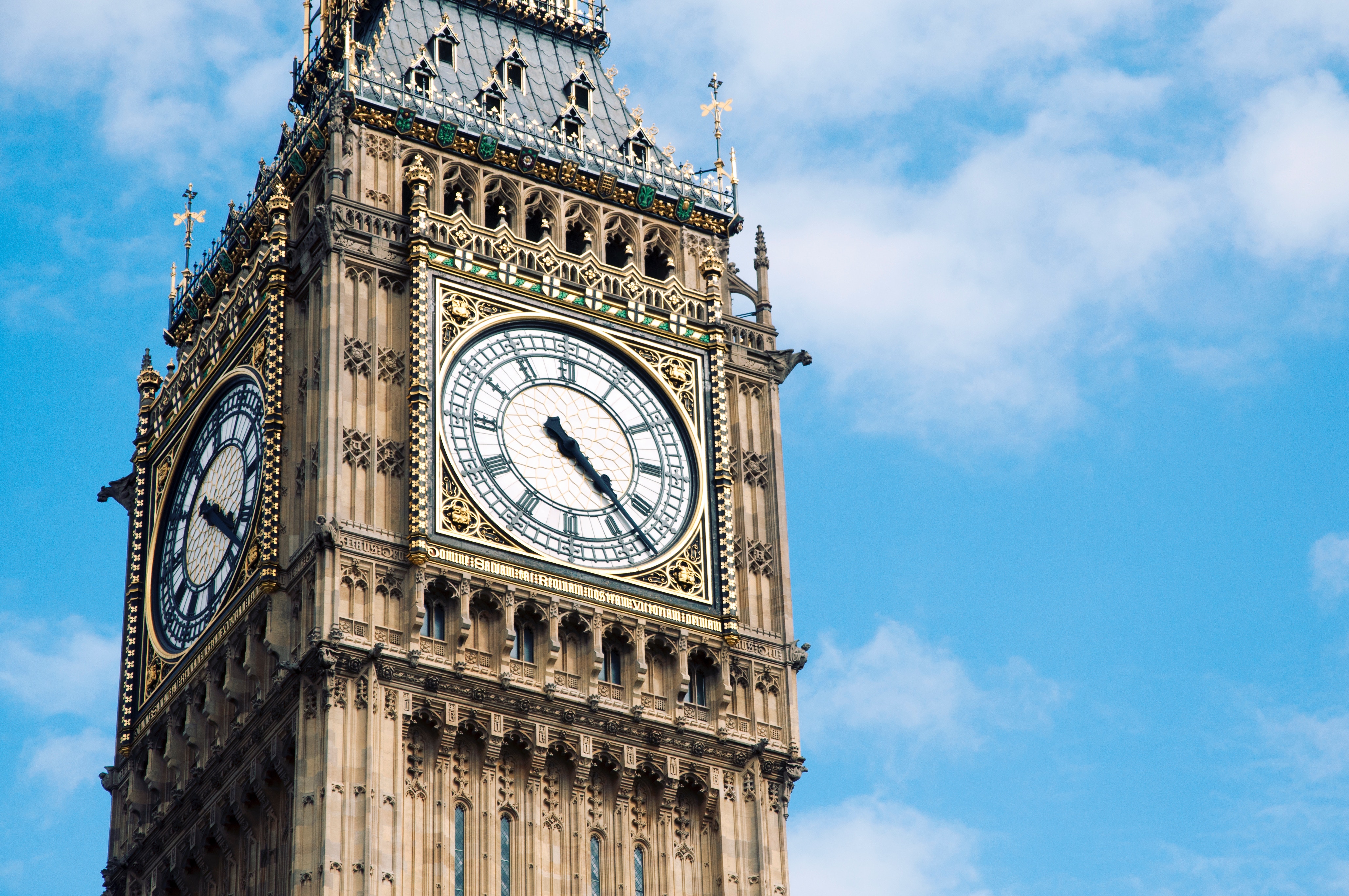
by George Turner | Dec 6, 2021
TaxWatch has launched the first stage of legal proceedings against HMRC over their decision to settle a billion pound tax fraud dispute with GE. On 15th September it was reported that GE had reached a settlement with HMRC over a dispute involving a tax avoidance...

by George Turner | Dec 2, 2021
What should be the tax liability of people who are the victims of fraud? That is the important question raised by the case of Mike Grogan, reported in The Times last weekend. Mr Grogan is one of a number of victims of tax advisor fraud, where scam tax advisors make...

by George Turner | Sep 27, 2021
In June 2021 the G7 announced that it had reached an agreement on proposals to change the way that the largest multinational companies are taxed. This included a mechanism to redistribute profits to countries where sales are made (such as the UK), often referred to as...

by George Turner | Apr 29, 2021
In response to critics that have questioned why HMRC has not done more to bring criminal prosecutions against the enablers and promoters of tax avoidance schemes, the government’s standard response has been to state that “there is no criminal offence of...

by George Turner | Apr 8, 2021
When we created TaxWatch a little over two years ago, our intention was to build an institution that represented the public interest in tax affairs. The importance of this mission is clear. We are all taxpayers in one way or another. Whether this be the VAT on...






